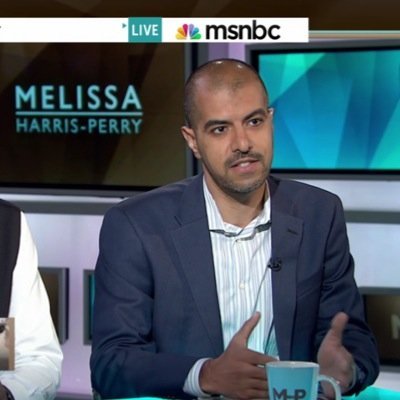 |
Freedom is guaranteed only to
those who own a (Word)Press? |
One of the most relevant--and trenchant--things I have heard on this topic is the quote:
Freedom of the press is guaranteed only to those who own one.
That quote is from an older age, and I feel that in this day, age, and point in our technological evolution, you should read that with "media" instead of the first "press" and think of the second "press" as the platforms—Facebook, et al, so to speak.
Which to me overlaps or parallels Marx and his crowd's observations about the means of production. In the Industrial Age, he who owned the mean of production ruled the roost; in the Information Age, it is the platforms and the networks.
Definitely stuff to think about.
Thanks go to
Mike Cherba for making me sit down and have to sort this out enough in my head and write it down during
an exchange on Facebook.


